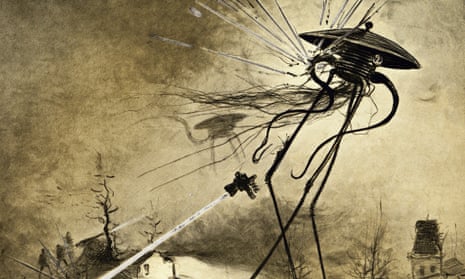In modern times, the idea of extraterrestrial life has captivated the imaginations of people for centuries. From ancient civilizations to present day, the concept of alien beings has been a topic of fascination and speculation.
In ancient times, many cultures believed in the existence of extraterrestrial beings. The ancient Sumerians, for example, wrote about a “god from the sky” who descended to Earth in a spacecraft. The ancient Greeks also had myths about beings from other worlds, such as the Titan Atlas and the goddess Selene.
Fast forward to modern times, and the search for extraterrestrial life has become a serious scientific pursuit. NASA’s Kepler mission, for instance, has discovered thousands of exoplanets outside our solar system. Some of these planets are in the habitable zone, where liquid water could potentially exist, which is a key ingredient for life as we know it.
Recent discoveries have also shed light on the possibility of microbial life on Mars. NASA’s Perseverance rover is currently exploring the red planet in search of signs of past or present microbial life.

While these discoveries are exciting, they also raise important questions about the potential impact of extraterrestrial life on our own planet. If we were to discover intelligent life elsewhere in the universe, what would be the implications for humanity? Would we be able to communicate with them? Would they pose a threat to our existence?
These questions are still largely unanswered, but one thing is clear: the search for extraterrestrial life is an important part of our scientific and cultural heritage. As we continue to explore the universe and unravel its mysteries, we may one day discover that we are not alone in the cosmos after all.
















